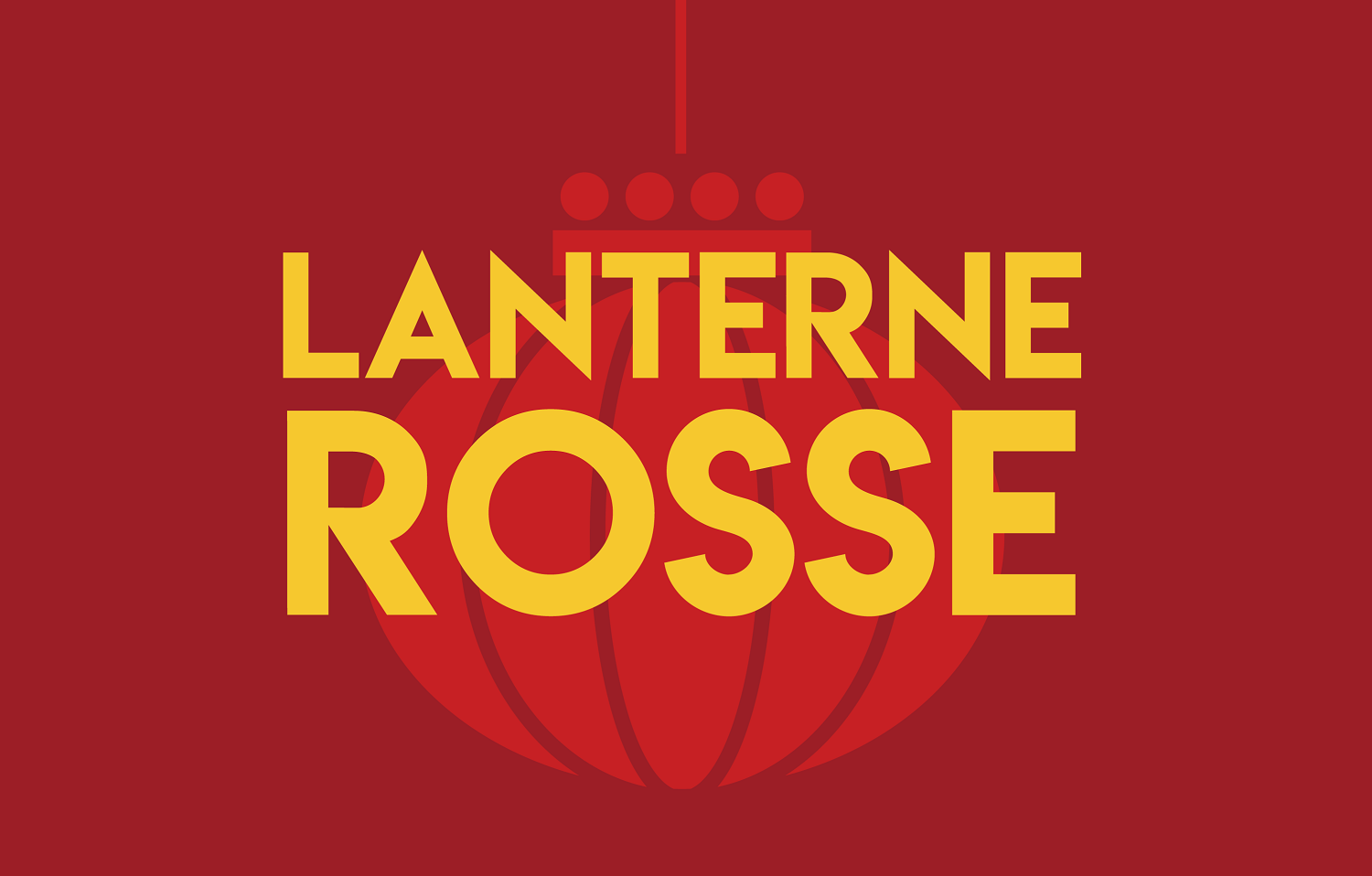From dragon boats to video games: sport at the Hangzhou Asian Games
Although some competitions have already started, the opening ceremony will take place in two days (without fireworks for environmental reasons). Alongside the Olympic disciplines there will be eSports and disciplines related to ancient Asian practices, such as traditional Dragon boat racing or Indian kabbadi. The coach of India's football team consulted an astrologer to decide which players to bring along. Beijing reopens to the region after the covid in the hope of racking up medals.
Hangzhou (AsiaNews) - The opening ceremony of the Asian Games will take place in two days in the eastern Chinese city of Hangzhou after the event was postponed for a year due to the pandemic and China's "zero covid" policy.
Last year the Olympic Council of Asia said it had chosen the new dates to avoid "conflicts with other major international sporting events".
Competitions already started in eight disciplines on September 19th and will end with the closing ceremony on October 8th. Fireworks have been banned in both ceremonies in favor of ecology: there will probably be many drones creating artistic displays in the sky, while the torch of the Games, compared to the past, is powered by methane.
Unlike the first edition in 1951 in New Delhi in which only six sports were played, the event today includes 61 disciplines of 40 sports, including those that will be played at the 2024 Paris Olympics and for which the athletes will compete in the qualifiers.
The Asian Games are one of the largest multi-sport events in the world (around 1,500 more athletes than the Olympics will take part), but they present a series of entirely Asian peculiarities: in this 19th edition, for example, competitions will be held for the first time ever in eSports, video game competitions (including Fifa and League of Legends), which already appeared as demonstration events in 2018, are officially available.
Great anticipation for the Chinese and South Korean gamers who will most likely compete in the final. “Asian eSports is now a thriving industry that has unleashed enormous potential and connected people from different backgrounds, cultures and countries,” commented Asian ESports Federation President Huo Qigang.
If the introduction of video games as an official discipline reveals the importance that technology has assumed in the Asian world, there is also the presence of more "traditional" disciplines, such as Dragon Boat racing, a 20-seater canoe which takes its name from the characteristic dragon head placed at the tip of the boat.
It is the third time that this competition, which originally began as a thousand-year-old traditional Chinese practice, has been included in the Asian Games. The Dragon Boat Festival, which falls every year on the fifth day of the fifth month of the Chinese lunar calendar, is now part of the UNESCO intangible cultural heritage.
Over the years, the regattas have become increasingly popular and today they are one of the tools used by China to promote trade with foreign countries.
But Dragon Boat racing is accompanied by a series of other traditional practices, such as kurash, a type of wrestling originating from Uzbekistan which is said to have been practiced in the times of Tamerlane (called Timur in Asia).
Even kabbadi, a sort of touch rugby, derives from a tradition of war training born in India 5 thousand years ago and in fact India has so far won all the gold medals with its men's team. Speaking of Indian traditions: Igor Stimac, the coach of the football team, as is tradition for some events in India, consulted an astrologer before deciding which national team players to bring to Hangzhou.
But in Asia there is also great anticipation for some sports matches which are particularly followed on the continent: the cricket final on 7 October, if it were to be played between India and Pakistan, currently the two most highly rated teams, could become the event most followed sportsman in the world, considering not only the popularity of the sport in the two countries but also the mutual rivalry.
Although the competition is held every four years, no cricket matches have been played at the Asian Games since 2014.
Hangzhou, with 12 million inhabitants, is the third Chinese city to host the Games after Beijing in 1990 and Guangzhou in 2010. At least 10 sports venues were specially built for the occasion and dozens were renovated at a cost of 10.19 billion yuan (1.4 billion dollars).
The medals (called Shan Shui, “mountain and lake” in Chinese) represent the naturalistic landscape and ruins of the ancient city of Liangzhu, including elements of local culture.
But Chinese efforts do not stop here: for years, in fact, Beijing has been making large investments in sports considered minor to increase its prestige by obtaining the highest number of medals, for which it holds the Games record with 3,187 medals, of which 1,473 are followed a short distance from Japan.
Addressing the national delegation, Gao Zhidan, director of the General Administration of Sports in China said that "all members of the delegation must improve their political awareness and firmly remember the nation's great causes.
Be good hosts, conduct broad friendly exchanges and demonstrate our country's good image in terms of reform and opening-up, economic development and social progress for Asian and international communities'.
Unlike the Olympics at the Asian Games, the MVP (most valuable player) award is also given to the best competing athlete in any discipline.
11/08/2017 20:05
22/07/2021 09:27







.png)










